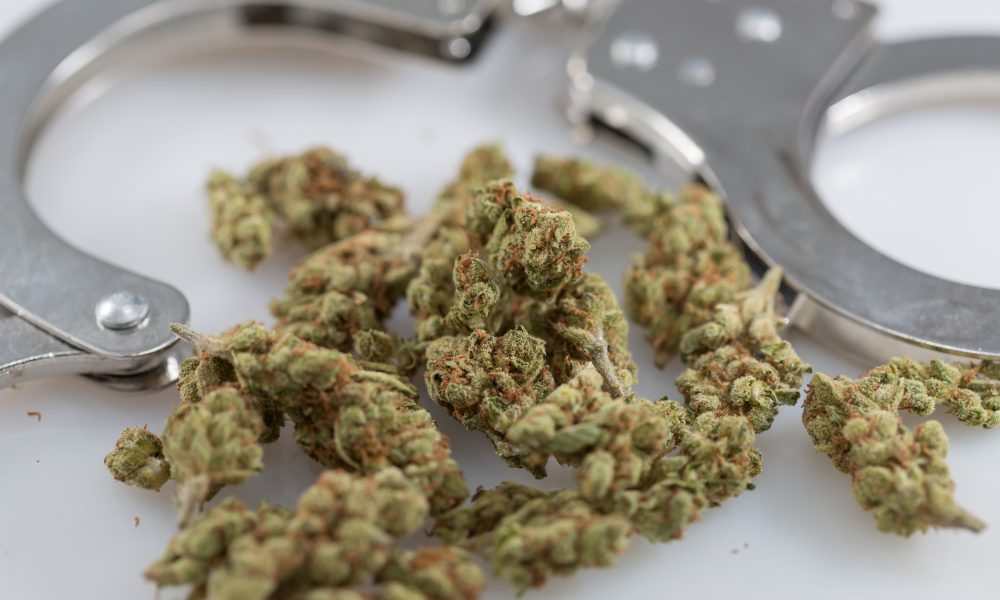The governor of Wisconsin announced on Tuesday that he granted 30 pardons, primarily to people convicted of non-violent marijuana or other drug offenses. This raises the total number of pardons issued so far by Gov. Tony Evers (D) to 337 during his first three years in office, the most granted by a governor in the state’s history at this point into a first term. Advocates have been urging state and federal executives to exercise this type of authority, particularly for cannabis cases as more jurisdictions enact legalization. “I’m proud of our work to give a second chance to folks who’ve made amends and paid their debt to society,” Evers said in a press release. “These individuals have recognized and acknowledged their past mistakes, and this sends a powerful message of redemption as each of them work to build a brighter, better future for themselves and their communities.” Of the 30 cases pardoned on Tuesday, 21 of them were related to the sale or possession of a controlled substance. “Matthew Callaway was in his late teens when he sold marijuana to an officer 16 years ago,” a description of one case says. “He resides in Colorado, where he aspires to become a firefighter.” “Leon Howard was 19 years old when officers found marijuana at his residence,” another says. “Living in Milwaukee, he has supported his neighborhood by organizing back-to-school block parties and street clean-ups on top of working two jobs.” Receiving a pardon doesn’t mean that a person’s record is expunged under Wisconsin law. Rather, it’s an official act of forgiveness that restores rights like being able to serve on a jury, hold public office, or receive certain professional licenses. People can apply for clemency, and they’re eligible for pardons if it’s been at least five years since they completed their sentence, with no other pending criminal charges.
Kyle Jaeger, Marijuana Moment, 12/28/2021 11:16:00

